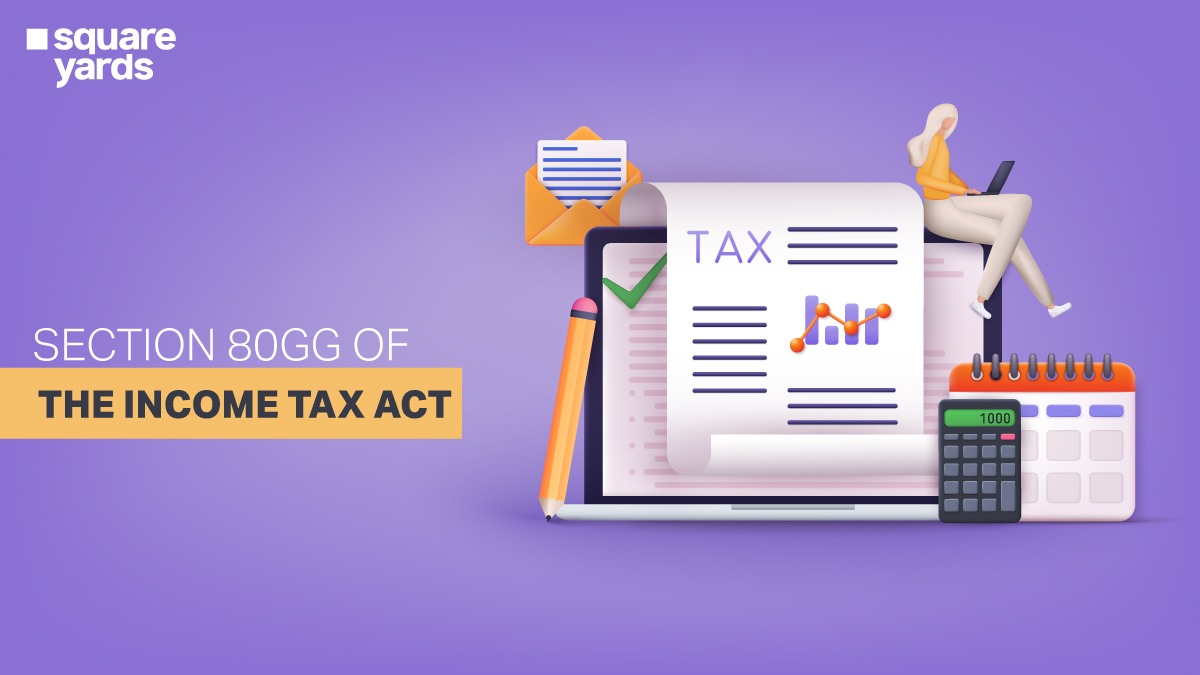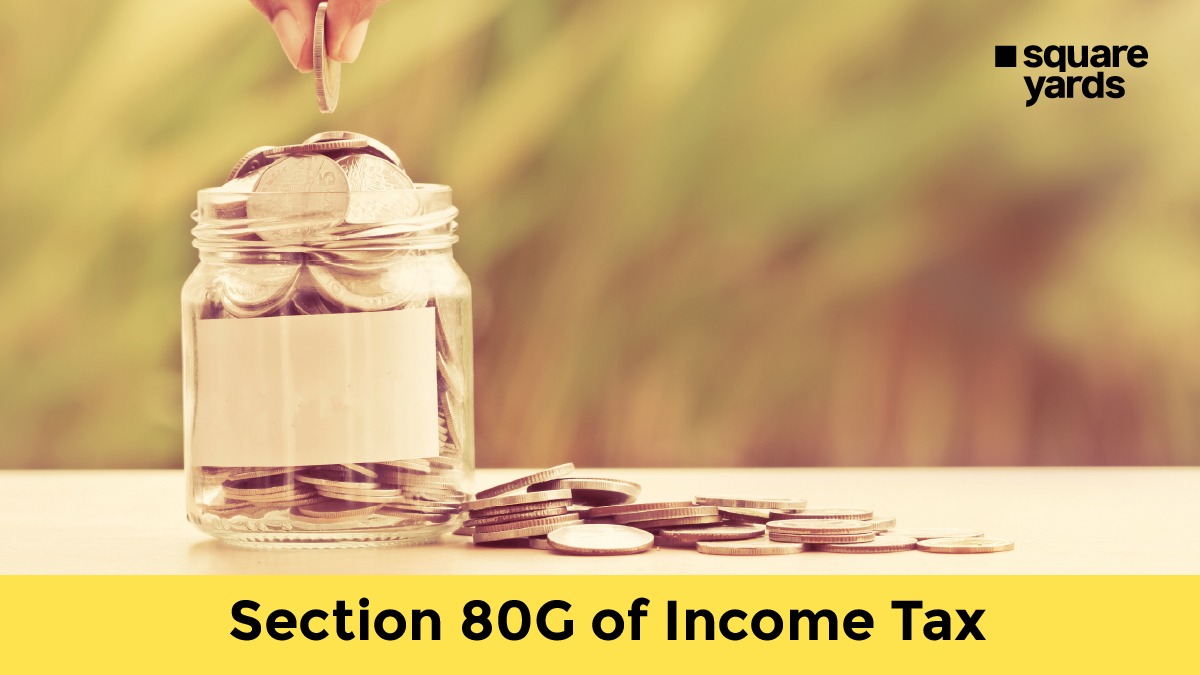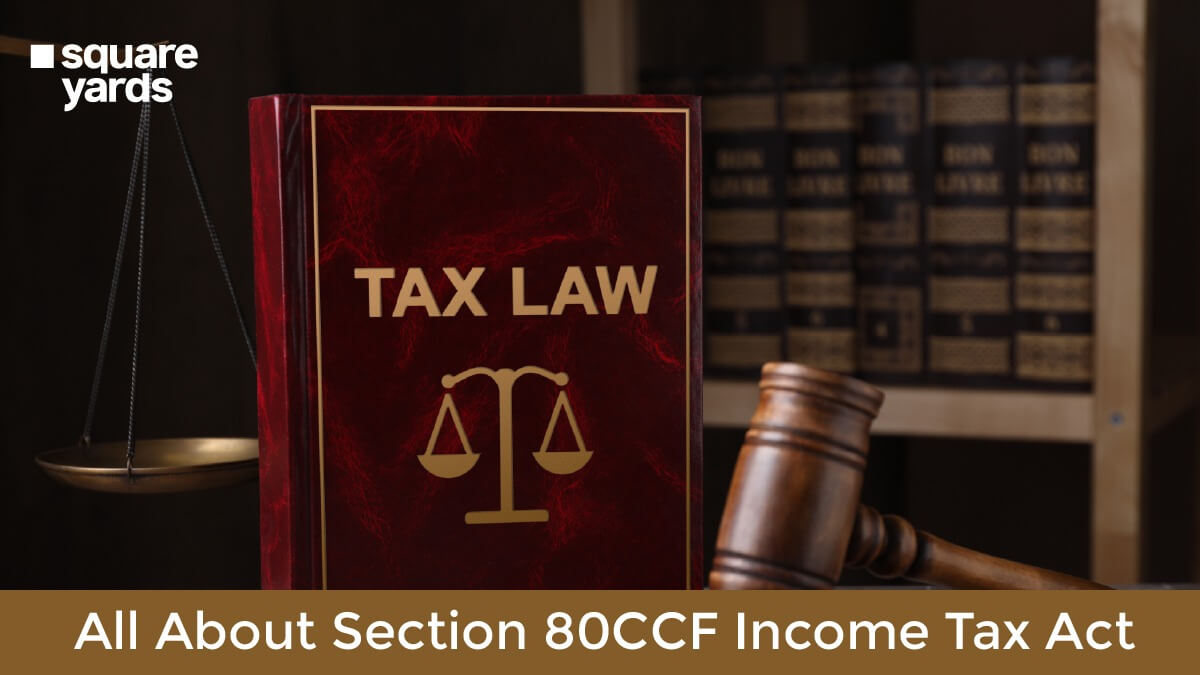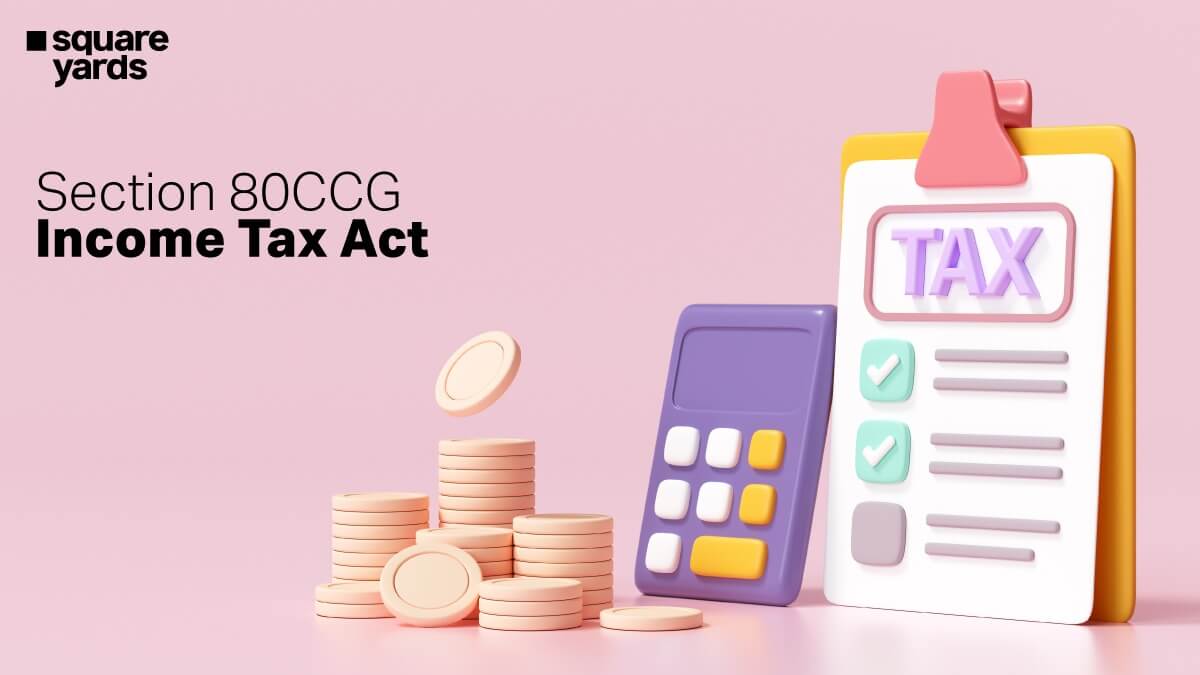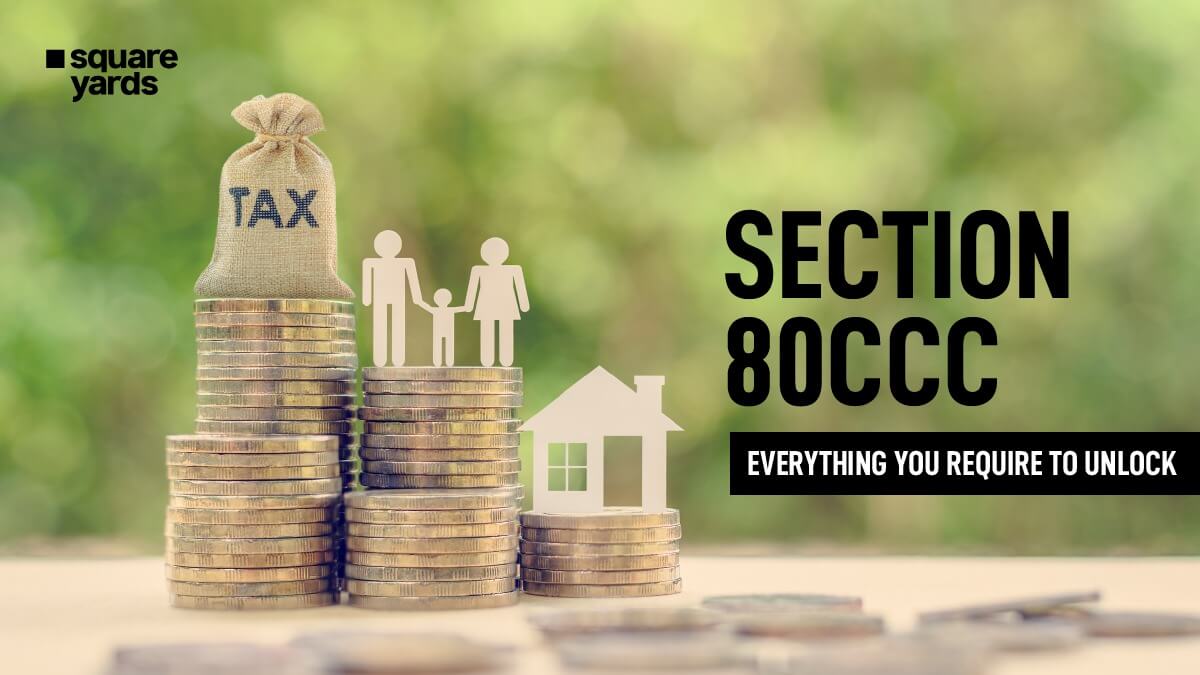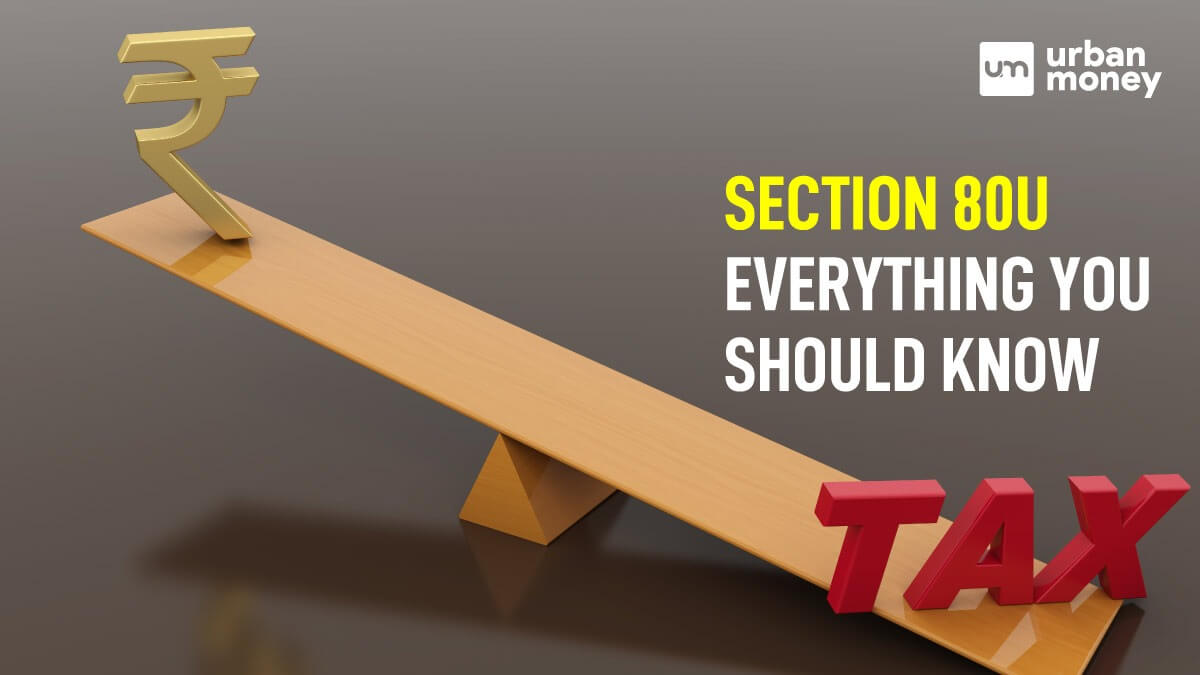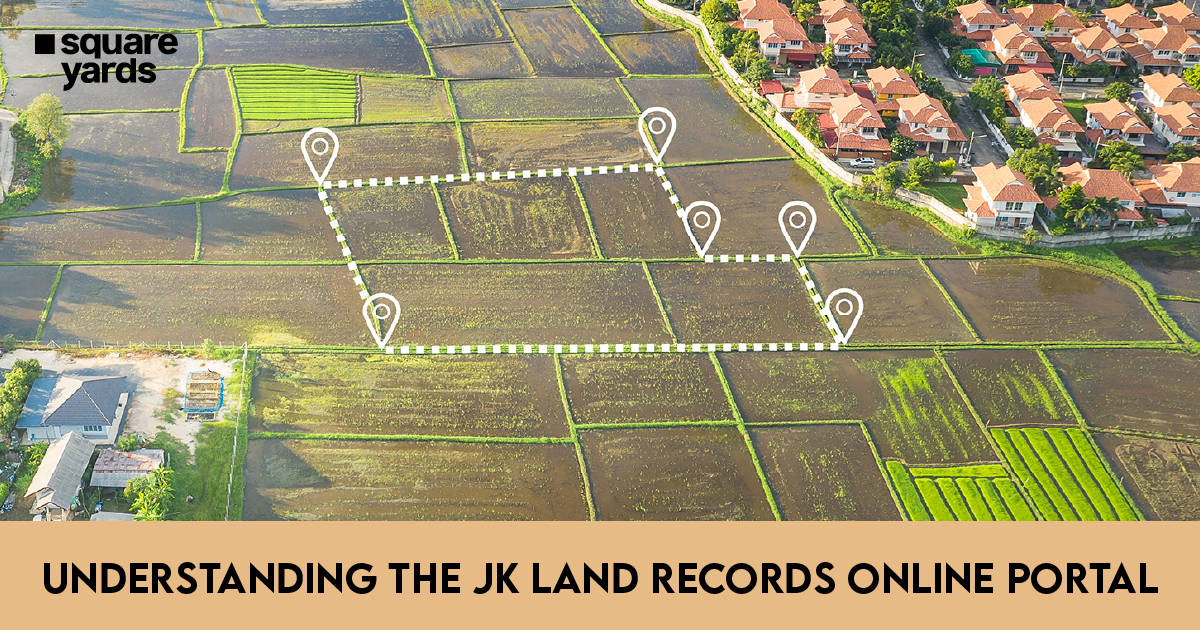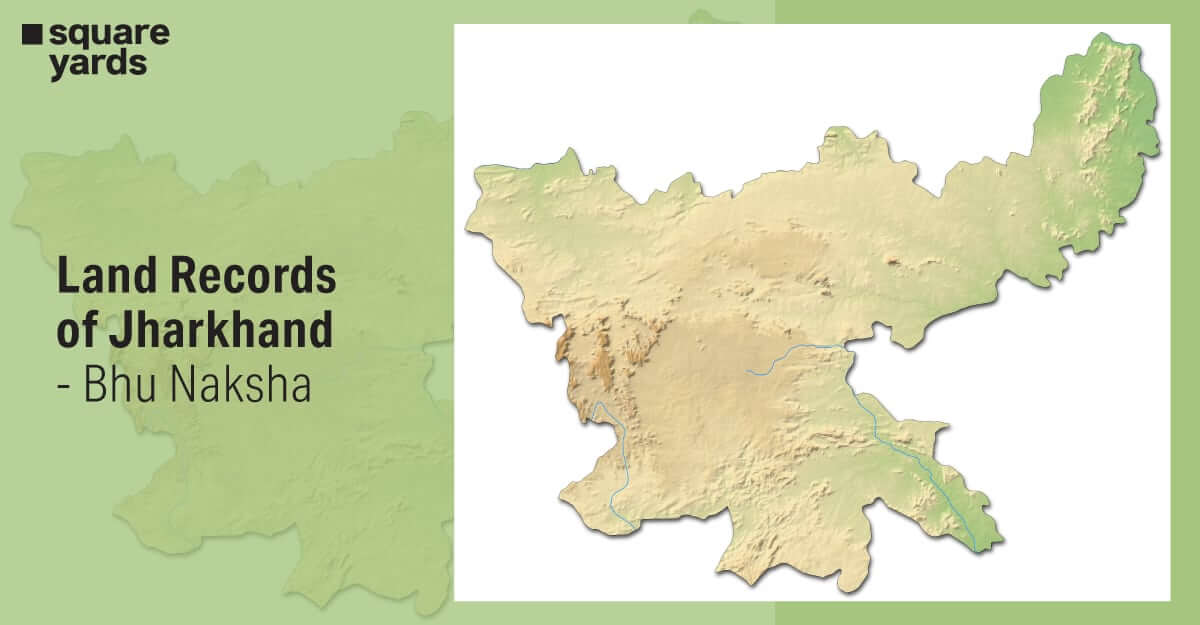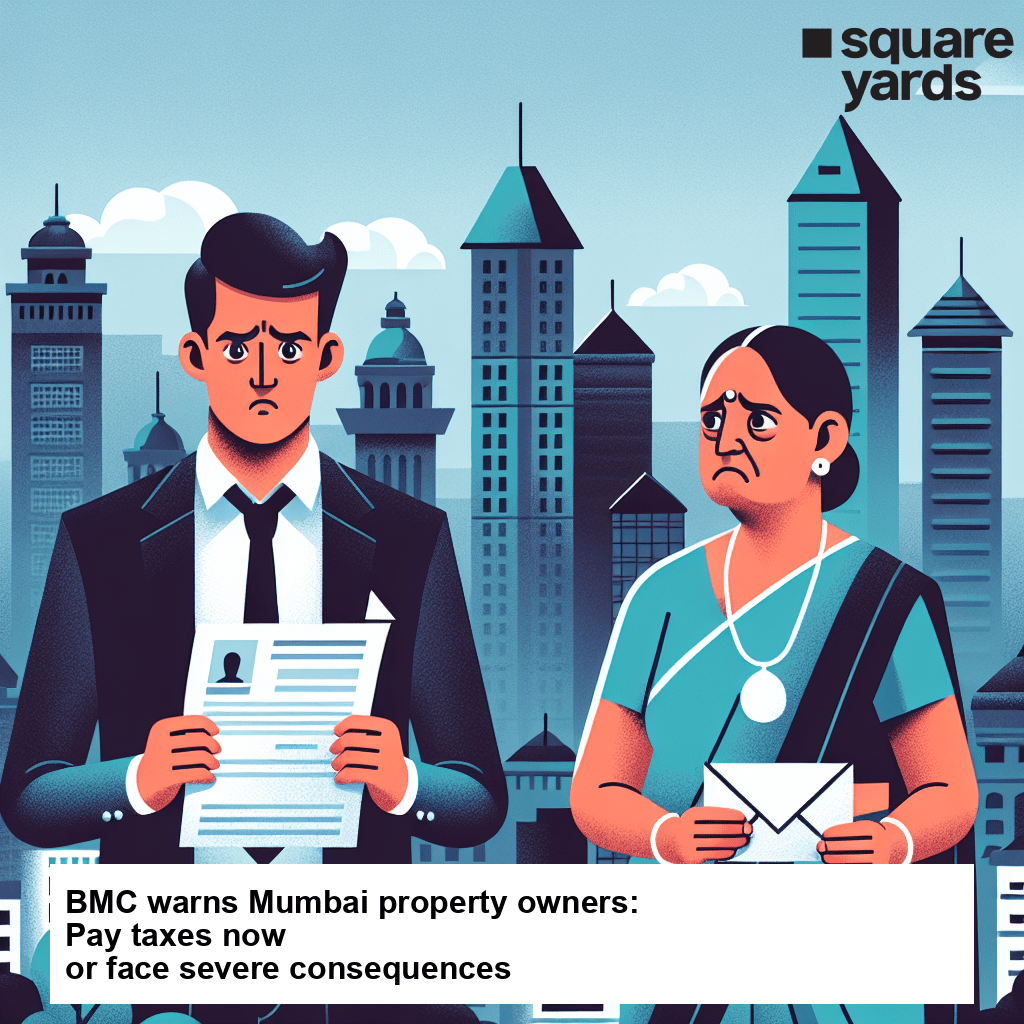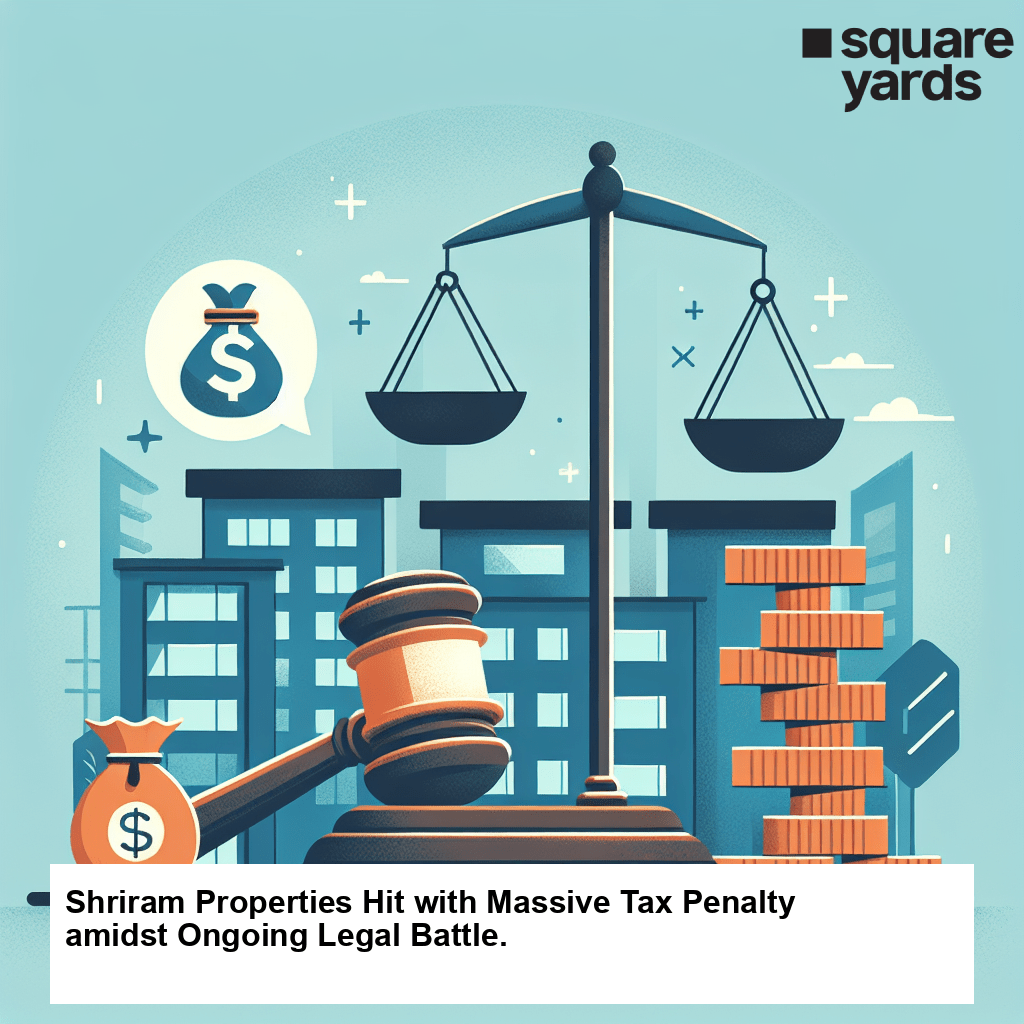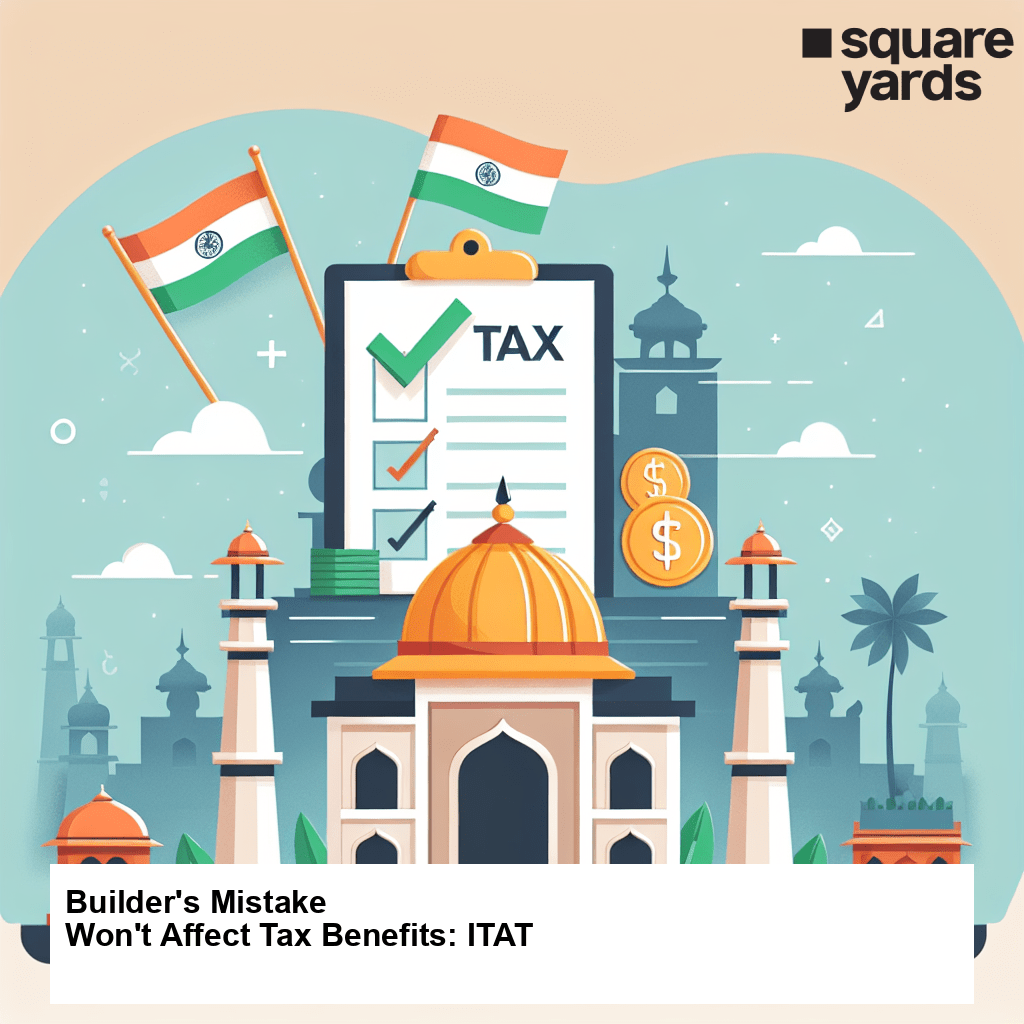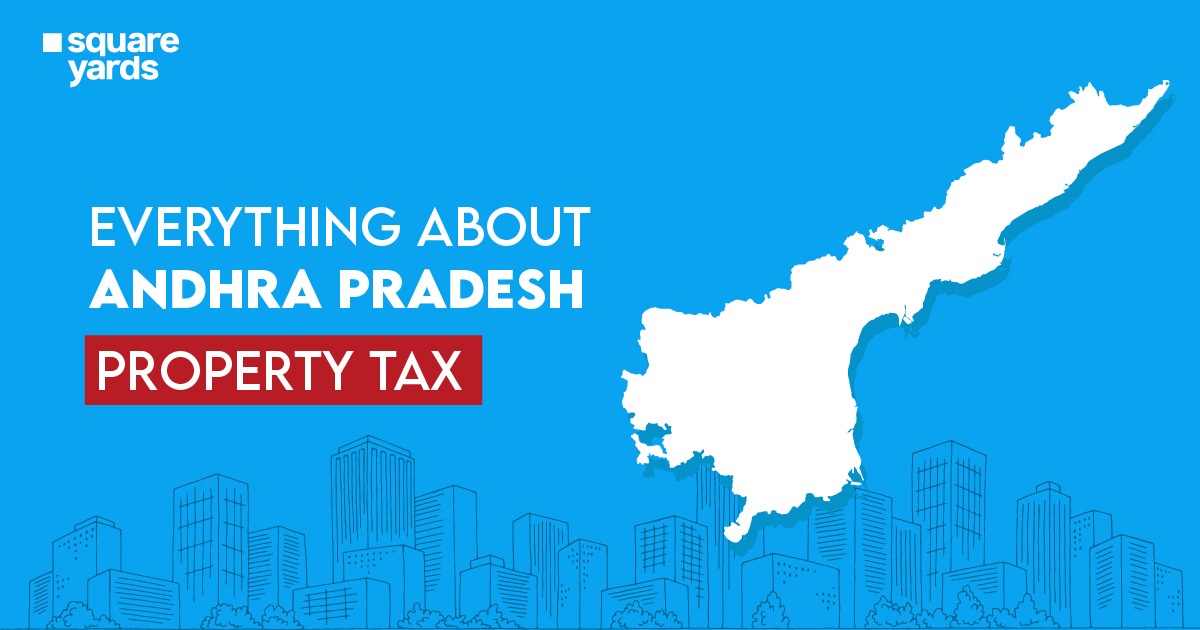Paying taxes is essential in any real estate transaction except for plots and ready-to-move-in residential houses. Everyone is required to pay Goods and Services Tax for residential and commercial properties that are under construction or if the completion certificate is issued after the sale date. The GST on Real Estate in 2023 generally ranges from 5% to 12% on residential properties and 18% on commercial properties.
The Goods and Services Tax (GST) was implemented in India on July 1, 2017, to simplify and rationalise the indirect tax regime and create a uniform market across the country. In this blog, we will discuss how GST has affected the real estate sector in India and the current GST rates on real estate in 2023.
Table of contents
Current GST Rates on Real Estate
The current GST rates on real estate are as follows:
| Type of Property | Status | GST Rate | ITC Availability |
| Residential | Under construction | 12% or 5% depending on affordability*. | No |
| Residential | Completed or ready-to-move | No GST if CC is issued before the sale. | No |
| Commercial | Under construction | 18% (effective rate 12% after deducting land value). | Yes |
| Commercial | Completed or ready-to-move | No GST if CC is issued before the sale. | No |
| Land | Purchase or sale | No GST as it is neither goods nor services. | No |
*Affordable housing is defined as a residential apartment with a carpet area of up to 60 square meters for metropolitan cities and up to 90 square meters for other cities and a gross amount charged by the builder of not more than INR 45 lakh.
GST Rates on Construction Materials
The GST Rates on construction materials in 2023 mainly range between 5% to 28%. GST has also changed the construction sector’s tax rates, input tax credit mechanism, compliance requirements, and valuation rules. The current GST rates for construction materials in 2023 are detailed in the table below.
| Particulars | Applicable GST |
| Sand | |
| Natural Sand | 5% |
| Bituminous and Asphaltic Materials | 18% |
| Cement | |
| All kinds of Cement | 28% |
| Bricks | |
| Building Bricks | 12% |
| Refractory Bricks | 18% |
| Artificial Stones | 28% |
| Gravel and Crushed Stones | |
| Pebbles, Granite, and Crushed Stones | 5% |
| Marble and Granite | |
| Marble and Granite Blocks | 12% |
| Marble, Granite, and Travertine | 18% |
| Building Stone | |
| Monumental Building Stones | 5% |
| Steel | |
| Iron Blocks, Wire, Rolls, and Rods | 18% |
| Tiles | |
| Earthen | 5% |
| Bamboo Flooring Tiles | 18% |
| Cement Tiles | 28% |
| Coal | |
| Coal | 5% |
| Mica | |
| Worked Mica and Articles of Mica | 12% |
| Electrical Machinery | |
| Electrical Machinery and Equipment | 28% |
| Paint and Varnish | |
| Paint and Varnish | 28% |
| Bathroom Fittings | |
| Tube/Pipe Fitting | 18% |
| Ceramic Sinks and Wash Basins | 28% |
| Wallpapers | |
| All types of Wallpapers | 28% |
Impact of GST on Real Estate
The impact of GST on real estate can be assessed both in terms of positive and negative aspects. While GST has subsumed multiple taxations, such as VAT, service tax, stamp duty, etc., into a single tax payment, it is still not a replacement for other charges, such as stamp duty, registration fees, etc. Moreover, there can be compliance issues for developers on various fronts.
Some of the positive impacts of GST on real estate are as follows.
- With the introduction of GST, the earlier complex tax structure has been simplified.
- The government has introduced several incentives and tax exemptions under the GST regime to boost affordable housing.
- The secondary market for real estate, which includes the resale of properties, has not been affected by implementing of the GST.
- GST has enabled developers to claim input tax credits on construction materials and services, which can reduce the cost of construction and benefit the buyers.
- GST has increased transparency and accountability in the real estate sector by eliminating unethical practices and tax evasion.
- GST has also facilitated the movement of goods and services across state boundaries by removing entry taxes and octroi.
Some of the negative impacts of GST on real estate are as follows.
- The cost of new homes has gone up as a consequence of GST. Home-buyers must now pay 12% GST for new homes and 5% for under-construction houses.
- Demand and supply of properties were also affected by the introduction of GST, as buying a new house has become a costlier deed.
- GST has also increased the compliance burden for developers who file multiple returns and follow different rules for different projects. For example, developers must maintain separate accounts for each project and pay GST on a reverse charge basis on inputs and services procured from unregistered suppliers.
Frequently Asked Questions (FAQs)
What is the applicable rate of GST in the case of affordable housing
The applicable rate of GST on affordable housing is 1% without input tax credit (ITC). This rate applies to all projects commencing on or after April 1, 2019.
What benefits can be availed per the revised GST rates or the rate cut in the real estate sector?
The GST rate cut has simplified the tax structure and ensured greater compliance from developers. This has resulted in fair property prices for potential homebuyers and eliminated the chance of homebuyers not deriving ITC benefits. The rate cut has also boosted the overall growth in the real estate sector.
What are the current GST Rates on Commercial Property?
The current GST rate for commercial properties is 12% with an input tax credit (ITC).

























